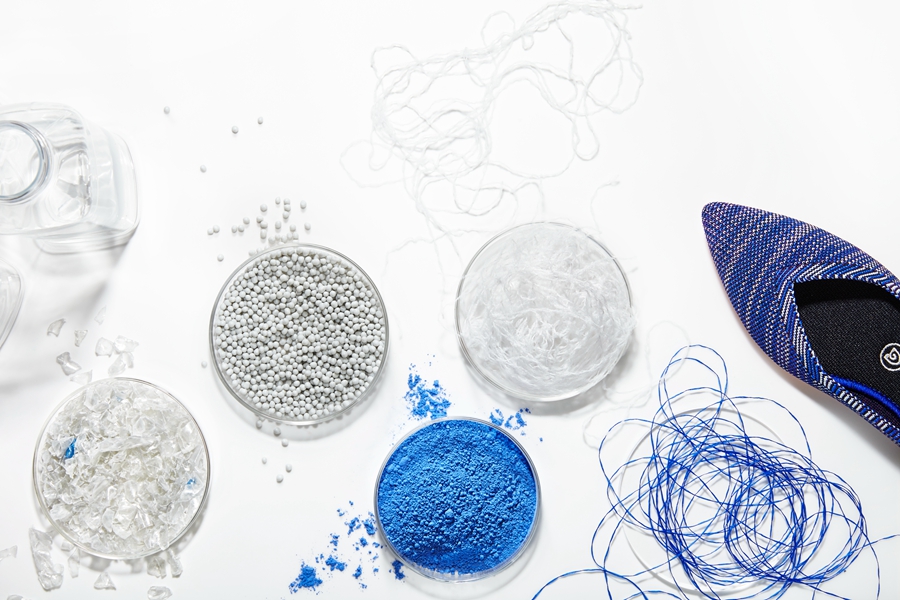EU proposes new plastics measures
By Jonathan Powell | chinadaily.com.cn | Updated: 2023-10-18 00:32

The European Commission has proposed measures aimed at reducing plastic pellet pollution throughout the European Union by 74 percent before the end of the decade, following on from its ban on cosmetic glitter and other microplastics.
The bloc's ban on the sale of glitter and microbeads, which came into force last week, targets glitter particles, or any other particles that are smaller than 5 millimeters and insoluble, to stop their release into the environment.
The EU has now unveiled a separate plan to also target the tiny pellets that are ubiquitous in plastic products.
Plastic pellet pollution is a form of marine debris that originates in small plastic particles, or "nurdles", that are often used in the production of larger plastic goods, such as office chairs or water bottles.
The pellets can often end up in oceans and other waterways due to industrial spillages or through waste mismanagement, where they contribute significantly to global microplastic pollution.
They pose serious risks to marine life and can eventually make their way up the food chain to humans, with the long-term health effects yet to be fully understood.
The commission, which is the EU's executive branch, projects the proposed additional action would reduce overall microplastic pollution in Europe by 7 percent.
The targeting of microplastics is a critical component of the EU's broader commitment to environmental sustainability and reducing plastic waste. Environmental researchers say preventing plastic release is much more effective than managing microplastics.
By addressing the issue at its source, the new proposal aims to significantly mitigate the environmental impact of plastic pollution.
In an interview with The Guardian newspaper, Virginijus Sinkevicius, the EU's commissioner for the environment, oceans, and fisheries, confirmed the policy focus.
"What we are looking to do is basically ensure we drastically cut, at the source, pollution of microplastics," he said.
The commission wants to compel operators that handle pellets to take precautions, to prevent spills, contain spills that do happen, and clean up after spills that are not contained.
"There are lighter requirements for small and medium-sized enterprises to reduce the economic burden," said Sinkevicius.
The proposals, which will now be debated in the European Parliament, include best handling practices for operators and recommend mandatory certifications from an independent third party.
If left unaddressed, global microplastic pollution is set to double by 2040, according to a report from the nonprofit Pew Charitable Trusts.
Quoted by The Guardian, Siegfried Schmuck, who works on ocean conservation for Pew, said: "Industry best practice measures already exist but they have been voluntary for more than three decades with little uptake. The EU commission's proposal means we now have the chance to hold industry accountable by making these mandatory – and effectively reduce the third-largest source of microplastic pollution in the EU."
























